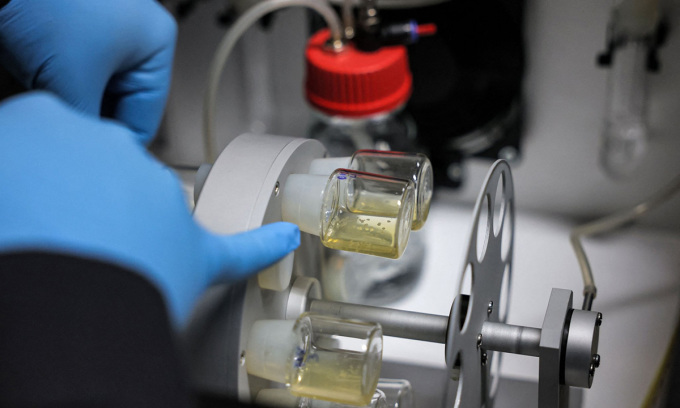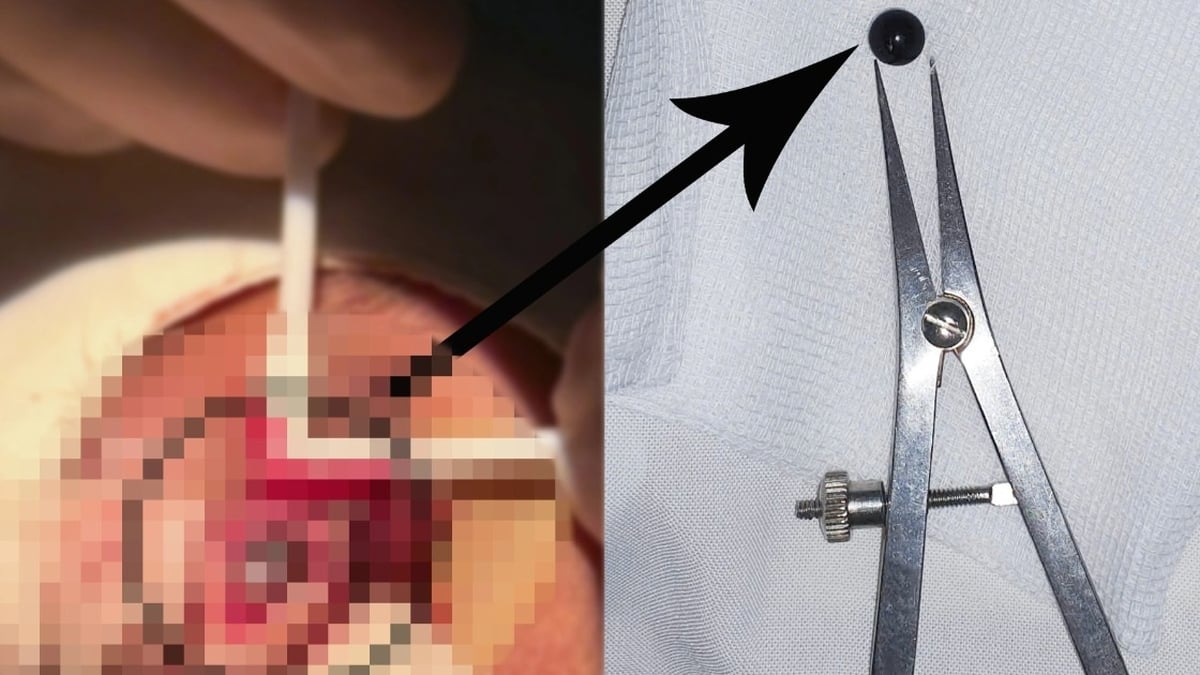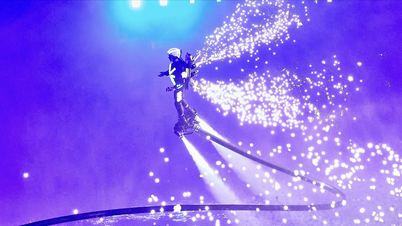Experts use stem cells to create human embryos without eggs or sperm, helping to understand more about the early stages of embryos.

An incubator used to grow synthetic mouse embryos during an experiment in 2022. Photo: Ahmad Gharabli/AFP/Getty
Magdalena Zernicka-Goetz, a professor at the University of Cambridge and the California Institute of Technology, presented the new research at the annual meeting of the International Society for Stem Cell Research in Boston, USA, on June 14. "We can create models that look like human embryos by reprogramming embryonic stem cells," she said.
The team of scientists said the embryos - which resemble embryos in the earliest stages of human development - could provide valuable information about the effects of genetic disorders and the biological causes of recurrent miscarriages. However, the research also raises ethical and legal issues. Details of the research have not yet been published in a journal.
The structural patterns, each developed from a single embryonic stem cell, had reached the beginning of a developmental milestone called gastrulation—when the embryo transforms from a continuous sheet of cells into distinct rows of cells and establishes the basic axes of its body. At this stage, the embryo has no beating heart, gut, or precursors to a brain, but the structural patterns show the presence of precursor cells for eggs and sperm.
The new research helps scientists understand more about the early stages of embryo development. But in the short term, synthetic embryos are unlikely to be used clinically. Implanting them into a patient’s uterus is illegal.
What’s more, it’s unclear whether these structures are capable of developing into living organisms. Synthetic embryos developed from mouse cells have been described as looking very similar to natural embryos. But when implanted in the uterus of a female mouse, they failed to develop into living animals. In April, Chinese researchers created synthetic embryos from monkey cells and implanted them into the uterus of adult monkeys; some showed early signs of pregnancy, but after a few days, none of the embryos continued to develop. Scientists don’t know if the barrier to further development is purely technical or more fundamentally biological.
Thu Thao (According to Guardian )
Source link









































































































Comment (0)